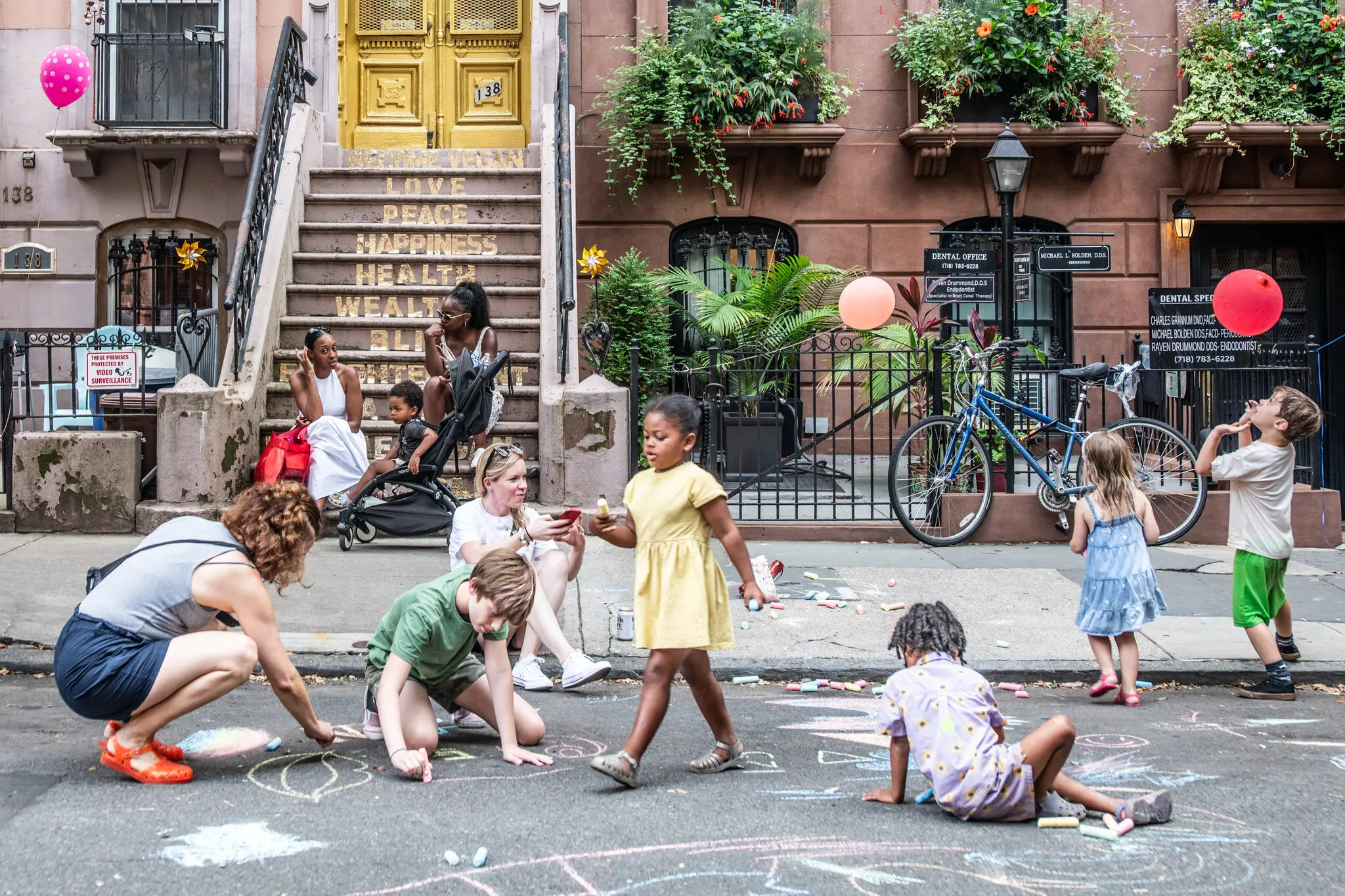Whether you’re in a city, a suburb or a rural area, living among people you trust can mean the difference between calling a locksmith in an emergency or knocking on the door of a neighbor whom you’ve given a spare key.
But how much do we trust our neighbors? According to a recent Pew Research Center survey, which asked nearly 9,500 American adults whether they know and trust the people in their neighborhood, the answer often has to do with race and ethnicity, age, income, education level and, to a lesser degree, political views.
The survey found that 44 percent of respondents trusted most or all of their neighbors, a decline from previous years. In 2015, for example, it was 52 percent. Demographic similarities were found to increase levels of trust. In 2025, half of respondents reported racial or ethnic similarities with their neighbors, while 38 percent reported similar levels of education with them and 23 percent reported similar political views.
But when it came to actually acting like a good neighbor, the majority of respondents indicated a high likelihood of performing neighborly tasks, even when not expecting the same level of enthusiasm in return.



